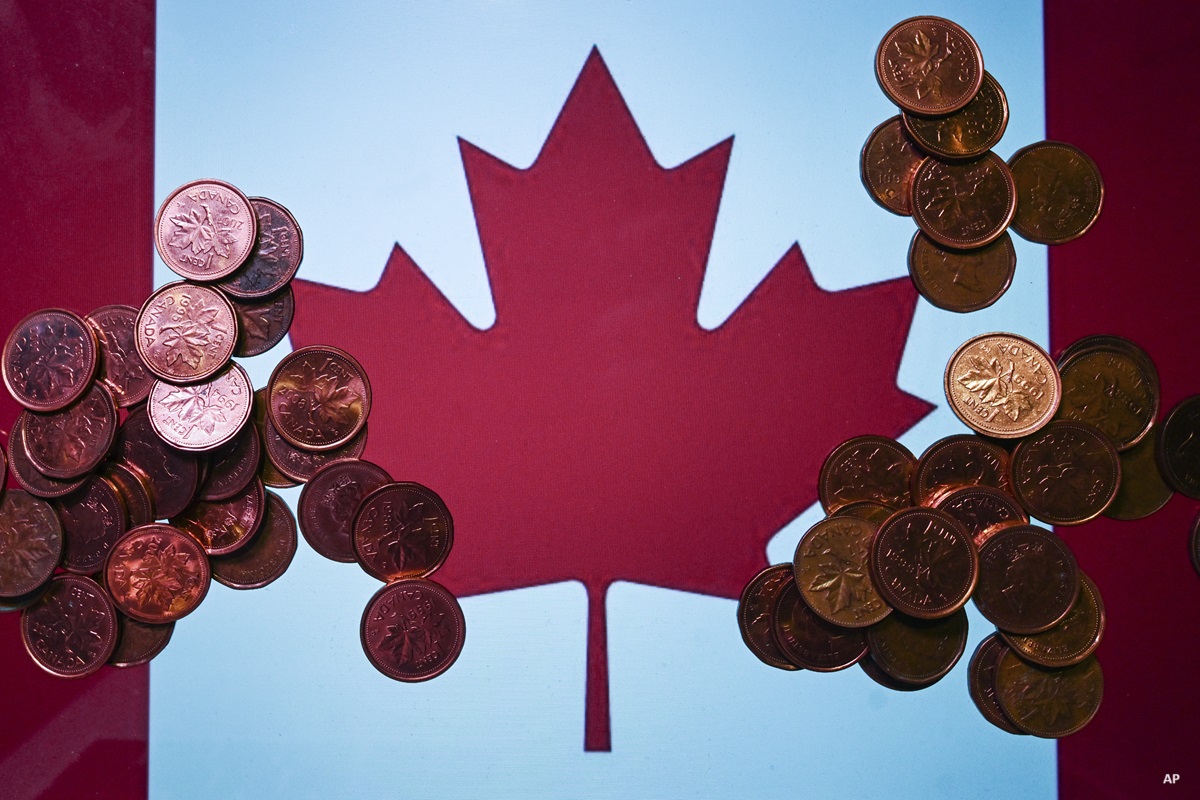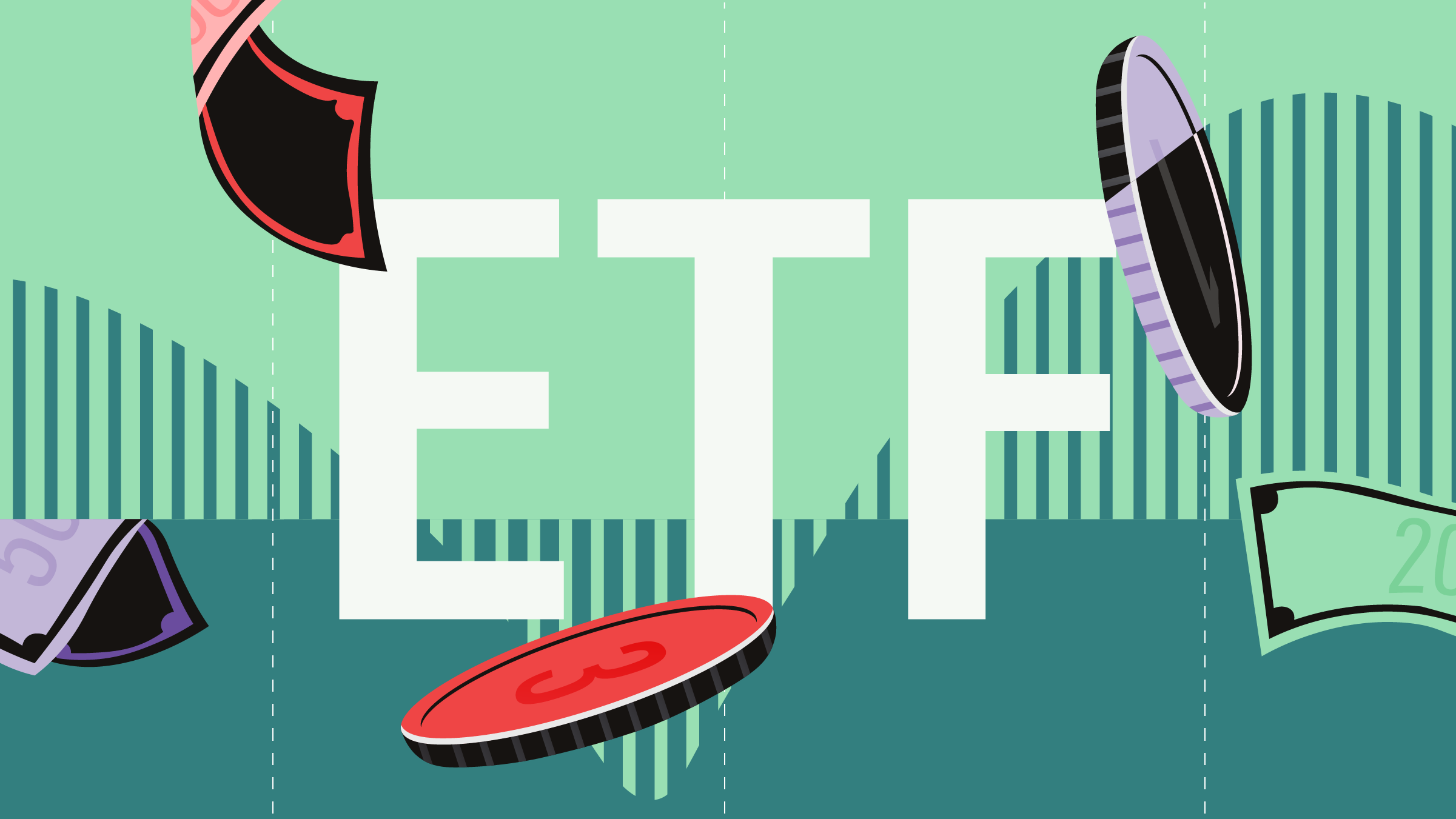
It's been tough lately for many Canadians. Almost 23% of the country reported some form of food insecurity in 2022, according to a recent Statistics Canada report.
Meanwhile, on the mortgage front more than 3 million Canadians will be facing mortgage renewals over the next 18 months (approximately January 1, 2024 – June 20, 2025) – facing payments that are potentially 30% to 40% higher.
And the economy? It's still slowing as the lagged impact of earlier interest rate increases materialize. Gross domestic product edged higher in Q4 2023, but once again not fast enough to keep up with surging population growth.
However, this bleak picture can’t keep us down. We need to continue saving, investing and empowering ourselves to deal with the rapidly changing economic landscape.
Here are a few strategies to help stay afloat:
Do You Know Your Numbers?
Do you know your monthly budget? “A lot of people don’t. So, know your stuff. Meaning, I’ve got this much and this is the plan. The numbers don’t lie, so denial won’t work. Look at your numbers,” says Janet Gray, Money Coach, Money Coaches Canada.
If you’re thinking of starting a budget – write down your net income, savings and investments and then consider these four categories when budgeting:
- Fixed monthly costs – Mortgage, cell phone bill
- Variable monthly costs – Groceries, gas, restaurants, toiletries, pet food
- Yearly costs – Property tax, Costco membership
- Random costs – Clothes, gifts, travel, car repairs, house repairs
Once you’ve identified your regular expenses and compared them with your income, you should look at your financial goals. “Have a financial plan,” says Gray, “Know where you are and where you are going.”
Budget Planner
For more help in building a budget, see this online budget planner from the Financial Consumer Agency of Canada.
Budget Template
If you’d like to work on your own budget template, Microsoft has some handy Excel templates available here.
Where Age Matters
Once you’ve identified your financial direction, consider the economic uncertainty you and other Canadians face – but stay focused on yourself and your life stage.
The common thread is that every age group craves certainty. Gray says, “Many young people are having the uncertainty of income. Will I make enough money? Whereas, the older group wants to know: Do I have enough for retirement?”
To deal with this economic uncertainty, tailor your budgeting and discussions with your financial planner around your age:
- For younger Canadians in the saving part of their lives consider debt, investments, spending, savings and TFSA, RRSPs; and tax shelters.
- For older Canadians in the managing income portion of their retirement: OAS, CPP, any pensions, investments, RRSPs, TFSAs; tax shelters.
Sort out all sources of income and ensure you’re leveraging any tax-advantaged accounts or government incentives as they become relevant to your life stage. For older Canadians here is an excellent guide to retirement income. Gray notes that in retirement you typically have more tax slips, something that many Canadians don’t realize.
Focusing on Your Health When Worrying About Your Wealth
Times of economic uncertainty will lead to periods of stress. To mitigate the impact, try to make regular budget reviews less of a chore. Maybe make it a family activity and see if there are places where you can reduce expenses. Practice a healthy routine whenever possible, as it will support your financial goals when you have more energy and are more focused. Exercise, drink water and get plenty of sleep.
The correlation between your financial health and your personal health is not to be underestimated. A recent study from China revealed a relationship between higher economic uncertainty and higher infant mortality.
Those consequences affect society as a whole in times of economic unpredictability. Individuals may be less likely to act in the interest of society because they are preoccupied with meeting their immediate material needs and those of their families, the study noted.
So, take care of yourself and your finances. And that will benefit those around you. And remember 2024 is a tough year for most Canadians. You are not alone.


















